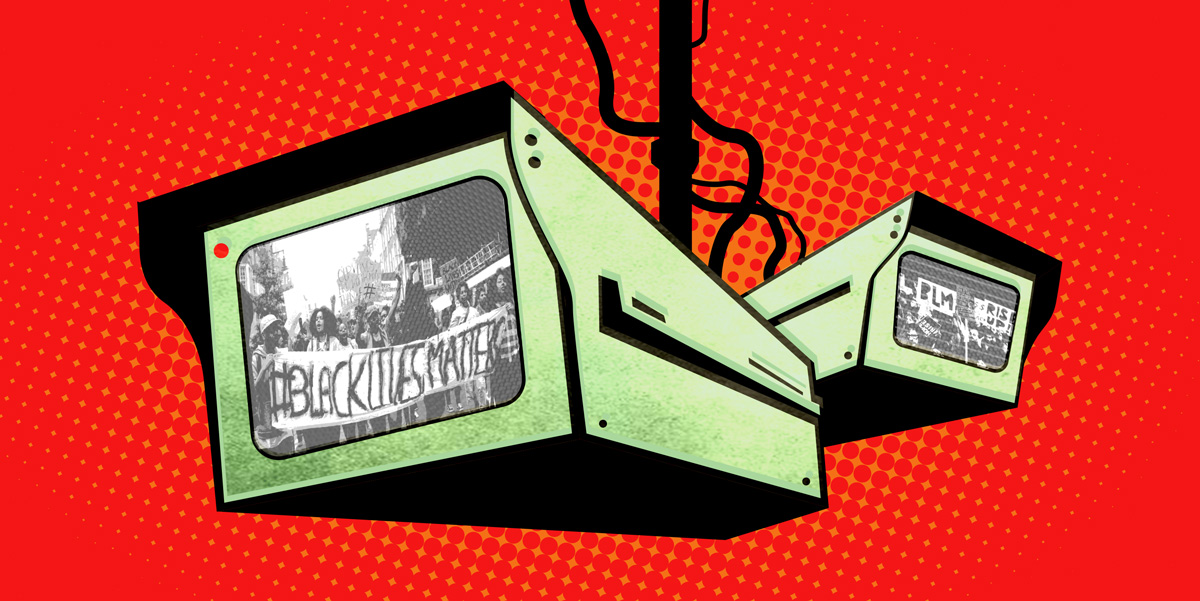The San Francisco Board of Supervisors last week voted unanimously in favor of requiring all special business districts—such as the Union Square Business Improvement District (USBID)—to bring any new surveillance plans to the Board before adopting new technologies.
The resolution—passed in the wake of an EFF investigation, a lawsuit brought by local activists, and a sustained local coalition effort—challenging police use of the USBID camera network to monitor last summer's protests - is non-binding and it will be up to City agencies to determine whether and how to carry out the request. We'll be watching to see if the city follows through, but one thing we already know: much more must be done to address the problem.
Under San Francisco's surveillance oversight ordinance, the San Francisco Police Department and other City agencies are generally forbidden from using new surveillance technology without Board approval and a public process. Despite this requirement, during the height of the Black-led protests against police violence, the USBID provided SFPD with live access to its network of hundreds of cameras. Police investigators also requested and received a "data dump" of all images from certain cameras covering large portions of the protest. On behalf of three protesters, EFF and the ACLU of Northern California filed a lawsuit seeking a court order to stop the SFPD from acquiring, borrowing, or using non-city networks of surveillance cameras absent prior Board approval. The City's resolution rightfully calls for more surveillance transparency and accountability from business improvement districts, but the onus is still on the City to ensure its departments fully comply with the surveillance ordinance.
Instead, this resolution focuses on the troubling growth of these public-private camera networks. Over the last few years, several San Francisco business improvement districts and community benefit districts (essentially non-profits approved by the city to collect and spend property assessments) have accepted money from private donors to build out camera networks equipped with advanced video analytic capabilities. Another—the Castro Community Benefit District—has been weighing its own surveillance camera network, but delayed its vote on the issue after an SF Examiner investigation found that police had also accessed BID cameras in order to monitor San Francisco’s 2019 Pride Parade as well as Super Bowl celebrations.
As a non-binding resolution, last week's vote only urges the Office of Workforce and Economic Development and San Francisco Public Works to put these new requirements in motion. The Board also ordered the agencies to send a copy of the resolution to all 17 of the City's business improvement/community benefit districts to put them on notice. The resolution was authored by Supervisors Aaron Peskin, Gordon Mar, and Matt Haney.
"The City has an interest in ensuring that the Districts remain accountable and transparent to the public, and it is in the best interest of the public that the City should hold the Districts to the same good government standards and public health and safety laws set forth in the Charter and Municipal Code of the City and County of San Francisco," the resolution says. "There is a particular interest in transparency, accountability, and good government with respect to Districts’ acceptance of private contributions and with respect to Districts’ use of surveillance technology."









